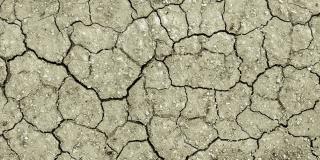
Right now, over 3.5 million people are on the brink of starvation across drought-ravaged Kenya. With large parts of the country having suffered a fourth consecutive season of failed rains, crops have been decimated and livestock killed, destroying the livelihoods of many Kenyans.
Families are being forced to relocate in a bid to find new pastures, food, water or sources of income and children are dropping out of school. The situation is compounded by soaring food prices from the economic fallout of the Ukraine war, meaning many cannot afford the scare food that is available.
Meanwhile, a lack of awareness around climate-smart farming methods and how people can best protect themselves, is a significant barrier to climate adaptation in Kenya. Without the knowledge and tools, communities are unable to win the fight against climate change. Whilst the effects of global warming are being felt worldwide, it’s the most vulnerable who are being hit the hardest.
Kenya is one of the countries that has contributed the least to climate change yet is one that is bearing the brunt of the consequences.1
Together, we can be the change we want to see, will you act and donate today?
Introducing our Youth Climate Champions
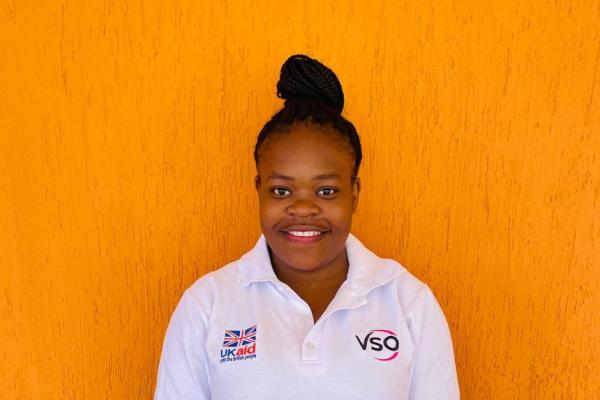
At VSO, awe-inspiring national Youth Champions like Fridah Okomo are helping to strengthen community resilience to the effects of global warming by standing shoulder to shoulder with local communities.
By spreading climate awareness via the power of social media, radio shows and webinars, Fridah can engage people in the climate change discussion and train them on the best course of action they should take.
Additionally, through her campaigning and advocacy efforts, Fridah is playing a pivotal role in ensuring that climate change policies and legislation are on policymakers’ agendas in Kenya.
“I refuse to accept that we are victims of climate change. I know that, together, we can provide the solutions people need” says Fridah.
Watch the video below to hear about the incredible work that volunteers like Fridah are doing in Kenya
The power of agroecology in combatting climate change
The crisis is affecting Kenya significantly – Fridah has seen with her own eyes how the issue is affecting her friends and family, and feels she has a responsibility to make a change.
Volunteers like Fridah have been able to support a rural community called Nandi with lessons in organic farming. With the help of a farming expert, and in collaboration with the Ministry of Agriculture, they taught some of the most vulnerable people in the village about working alongside nature – about cultivating and planting resilient crops and doing away with harmful pesticides.
Climate change impacts the most vulnerable people the hardest – and often, communities lack the knowledge or resources to tackle the root causes. By empowering them to adapt, by supporting them through training and taking the time to address their queries and concerns, everyone becomes a part of the solution.
Putting women first: the female farmers tackling the food crisis
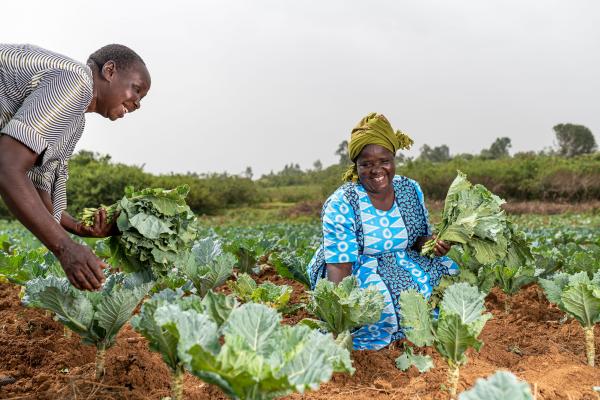
At VSO, we know that studies have identified women as the backbone of the rural economy, accounting for nearly 50% of the world’s smallholder farmers and producing 70% of Africa’s food.2 Despite this, their rights are severely curtailed. Subsequently, VSO is putting women farmers at the heart of our work by supporting them to form collectives to ensure their rights are recognised.
Currently, in Siaya County in Eastern Kenya, we work with three female-dominated agroecological enterprises: The Greenlink group, The Fronteers Women group and the Alego Young Turks.
Through methods such as intercropping vegetables in banana plantations and composting manure and ash for pests, women are able to grow drought-resilient produce and sell them in local markets. This enables women to participate in informal markets and become powerful agents of change. This sort of change can only happen with the kind help of supporters like you.
Will you be part of the solution too, by donating today?
Be part of the climate change solution
VSO’s work in Kenya is playing a key role in supporting vulnerable local communities facing the devastating effects of climate change through the promotion of climate change awareness. But climate awareness has not yet reached every person in Kenya and Fridah tells us that with support, she knows change can happen.
FridahI know we can do this – and you must understand that Kenyan people are incredibly resilient. Despite many challenges, we’ve always kept going and, with the right support, we will work together to solve the problems we’re facing.
Youth climate champion
Your gift today will help empower communities to feed their families today, tomorrow and in the future. Please give a gift today.
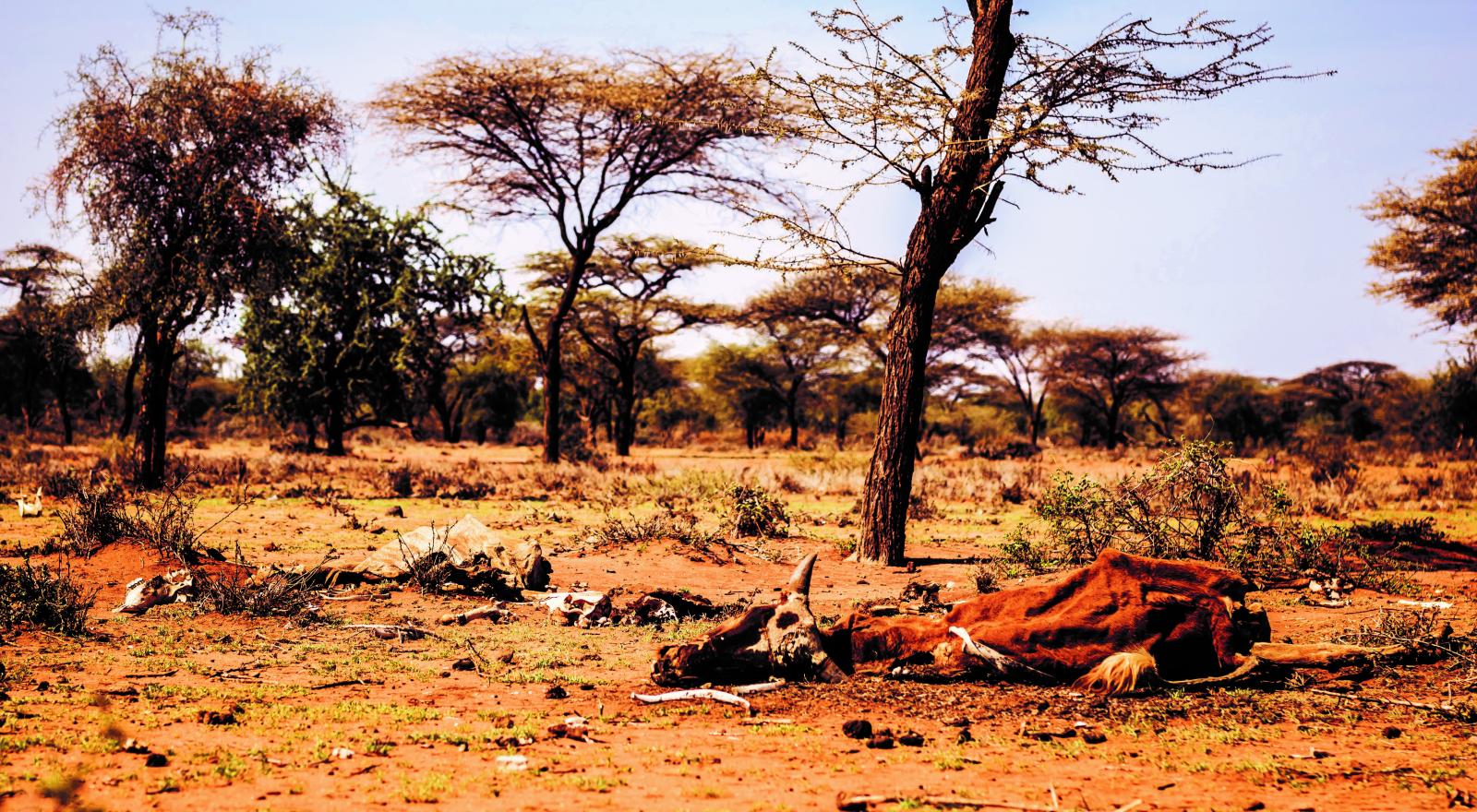
URGENT APPEAL
The climate crisis is threatening millions of lives in Kenya. Will you act now?
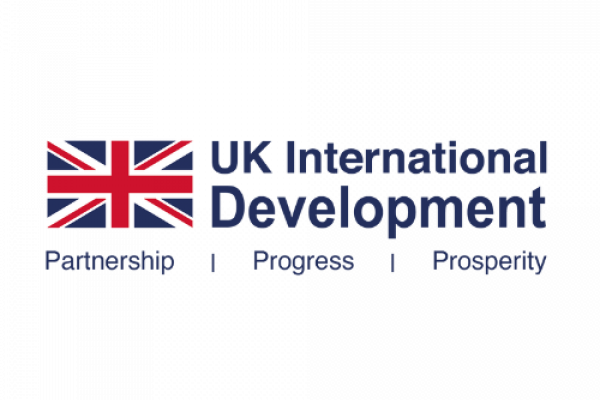
Read more

The two volunteers empowering girls and young women in Mozambique
Nelma and Carmirene and are two volunteers working on VSO's EAGLE project in Mozambique. For Nelma and Carmirene, education is not just about school, it is about meeting people where they are and using the right tools to challenging harmful norms. Here are their stories.
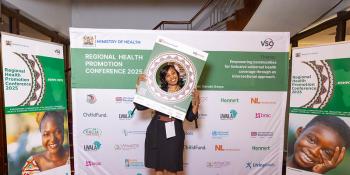
In photos: Our Regional Health Promotion Conference 2025
Check out some of our favourite photos from Regional Health Promotion Conference (RHPC25). This event sought to reimagine Universal Health Coverage through the lens of intersectionality.
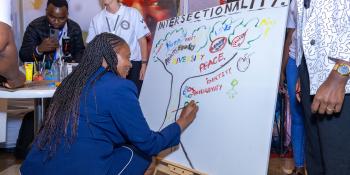
Using intersectionality to create healthy beginnings and hopeful futures
World Health Day brings global attention to the urgent need to end preventable maternal and newborn deaths. Learn more about how our Regional Health Promotion Conference is tackling these issues head on.
